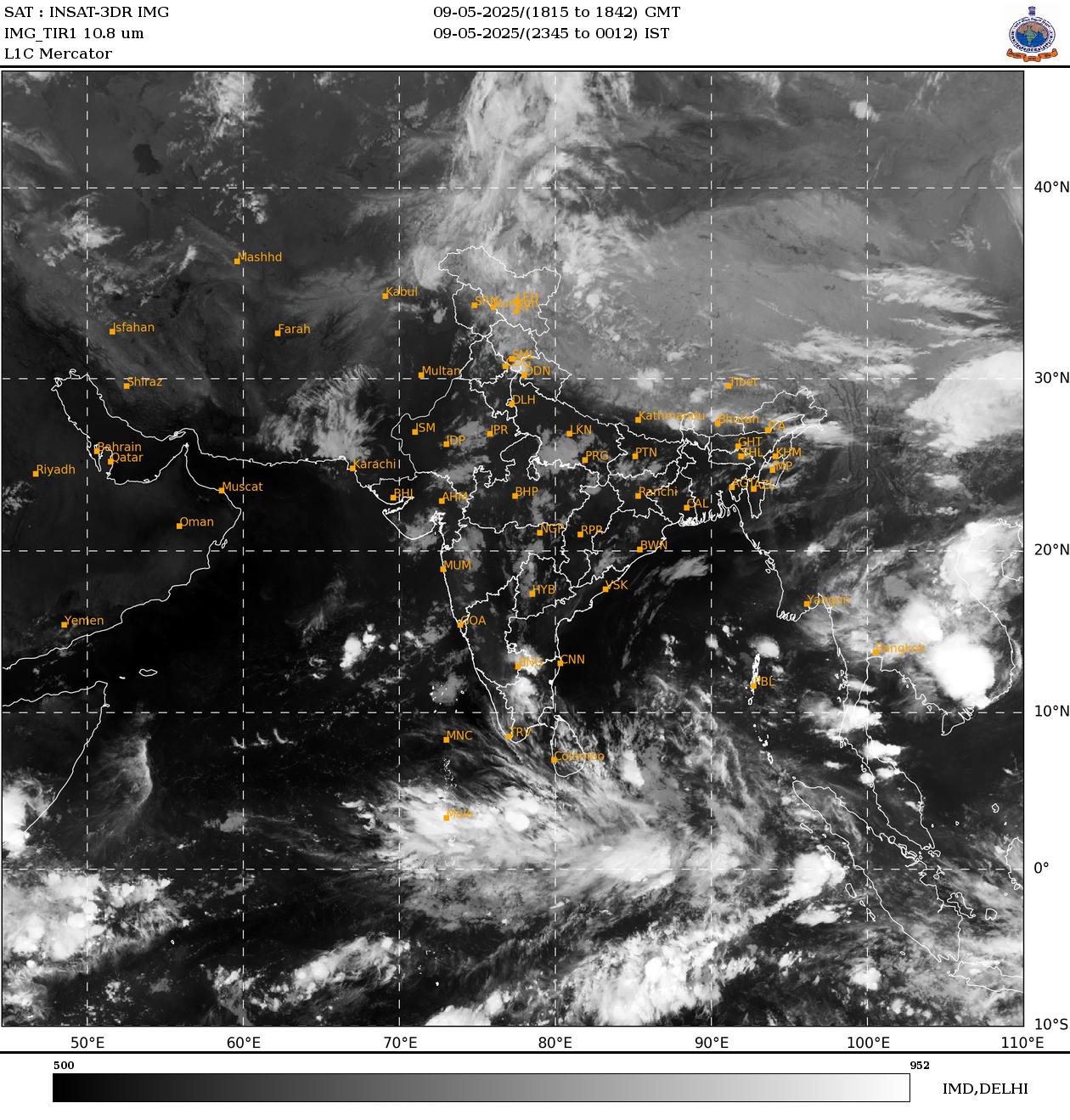Textile makers fear raw material shortage in Feb-March
 .... -
.... -
January 14, 2022 The country’s textile makers on Thursday expressed fears that the sector might face a crisis of raw materials, mainly cotton, in February and March as shipping lines were unwilling to carry containers headed to Bangladesh due to a shortage of feeder vessels to unload the goods timely.
Bangladesh Textile Mills Association leaders at a press briefing at the office of the trade body in the capital, Dhaka, said that though the letter of
credits had already been opened for importing cotton needed for February-March but importers would not get the consignments on time due to the reluctance of shipping lines to enter Bangladeshi channel.
Textile millers said that if they failed to get cotton on time, production in many of the spinning mills would stop and prices of yarns would increase on the local market.
Along with shortage of feeder vessels, inefficiency of port has also been discouraging shipping lines to carry Bangladesh-bound cargoes as loading and unloading take more time causing additional anchoring charges for the mother vessels, BTMA president Mohammad Ali Khokon said.
He hinted that Bangladesh apparel and textile sector might face an acute shortage of raw materials to meet the global orders for the summer, which would be placed in February and March as import of cotton was taking place for 5-6 months after opening LCs as shipping lines unloaded Bangladeshi containers in ports of China and elsewhere.
Khokon said that Bangladesh has to pay additional 4 to 5 cents for a pound of cotton due to the higher freight cost as container clearance in the country takes more than one week due to the complex customs procedures while other countries take a maximum of four to five days.
The BTMA president said that more than 100 members of the trade body informed him verbally that shipping lines were unwilling to enter the Bangladeshi channel due to the shortage of feeder vessels and containers and congestion in port.
Due to the trade war between the US and China, many of the containers remained stacked in the ports of the two countries, he said.
Khokon also demanded duty-free import of all types of fibres to ensure product diversification as different types of fibres with cotton are being used in the primary textile sector to produce yarns as per the demand of global buyers.
“’Ease of doing business’ and ‘cost of doing business’ situation is still impediments for the country’s textile and apparel sector. The government should take initiative to remove the complexities in the tax system and shortage of feeder vessels to grow the business,’ he said.
Khokon demanded policy support from the government for a strong backward linkage industry saying that the future success of forward linkage industry depended on backward linkage industry.
BTMA senior vice-president Md Fazlul Hoque and director Md Saleudh Zaman Khan, among others, were present in the briefing.
Most viewed
- Amid weak demand, cotton price surge adds to woes of yarn mills
- Centre willing to procure jute and cotton crop if prices fall below MSP : Goyal
- BTMA signals minimum wage structure for cotton textile sector within next two weeks
- ASEAN delegation to visit India on 17 Feb for FTA review
- State further subsidises power supply to textile industry till 2028
- Bank fraud case: Textile baron Neeraj Saluja sent to 5-day police remand
- New MSME payment rule leads to many cancelled orders
- Boosting trade relations with India
- India’s cotton yarn exports to surge by 85-90% in FY2024: ICRA
- Bhiwandi Textile Firm Owner Flees After Duping 13 Manufacturers of Rs 58.55 Lakh
Short Message Board
Cotton Live Reports
Visiter's Status
Visiter No. 31710951Saying...........
Misery no longer loves company; nowadays it insists on it.
Tweets by cotton_yarn



